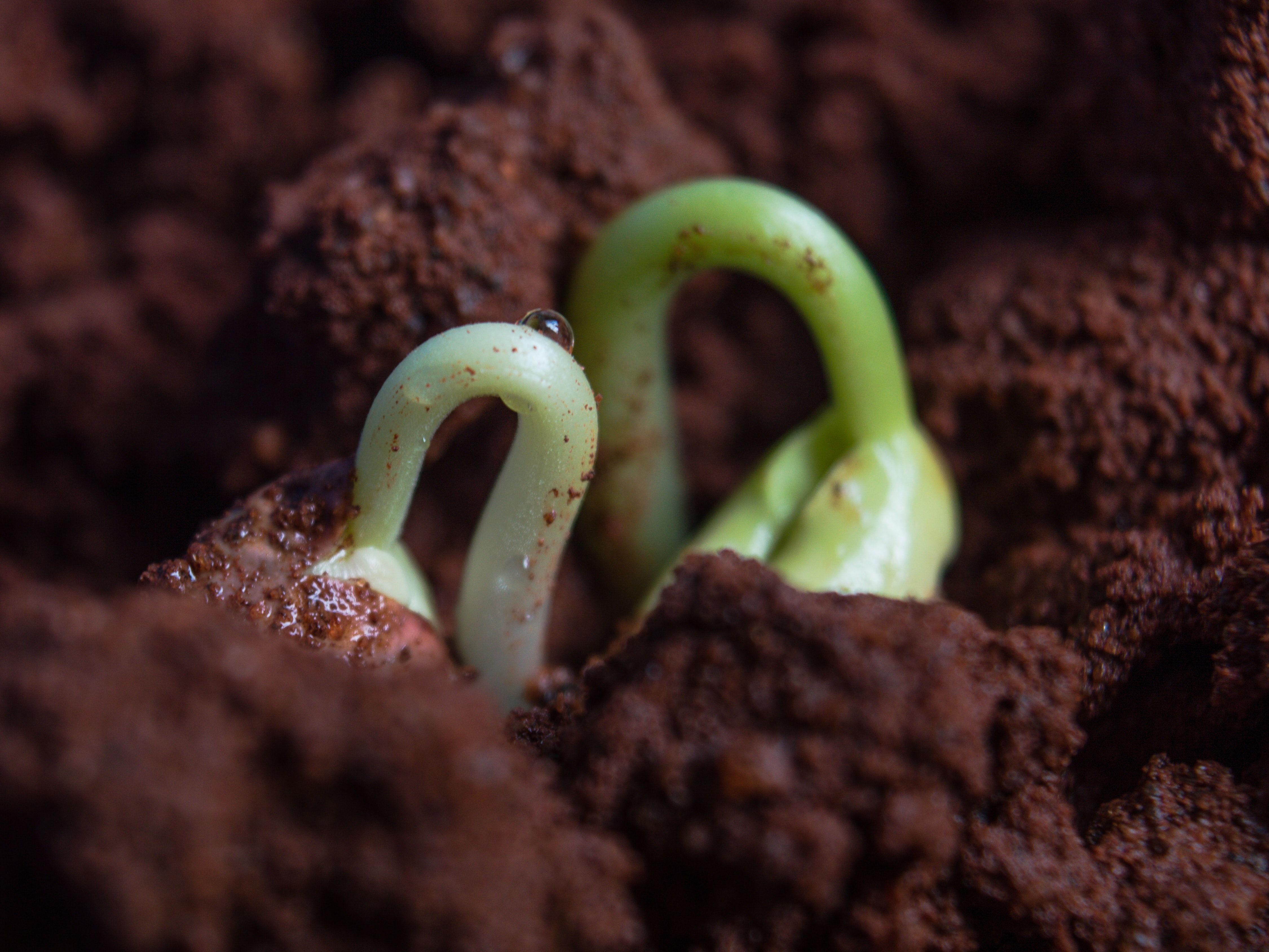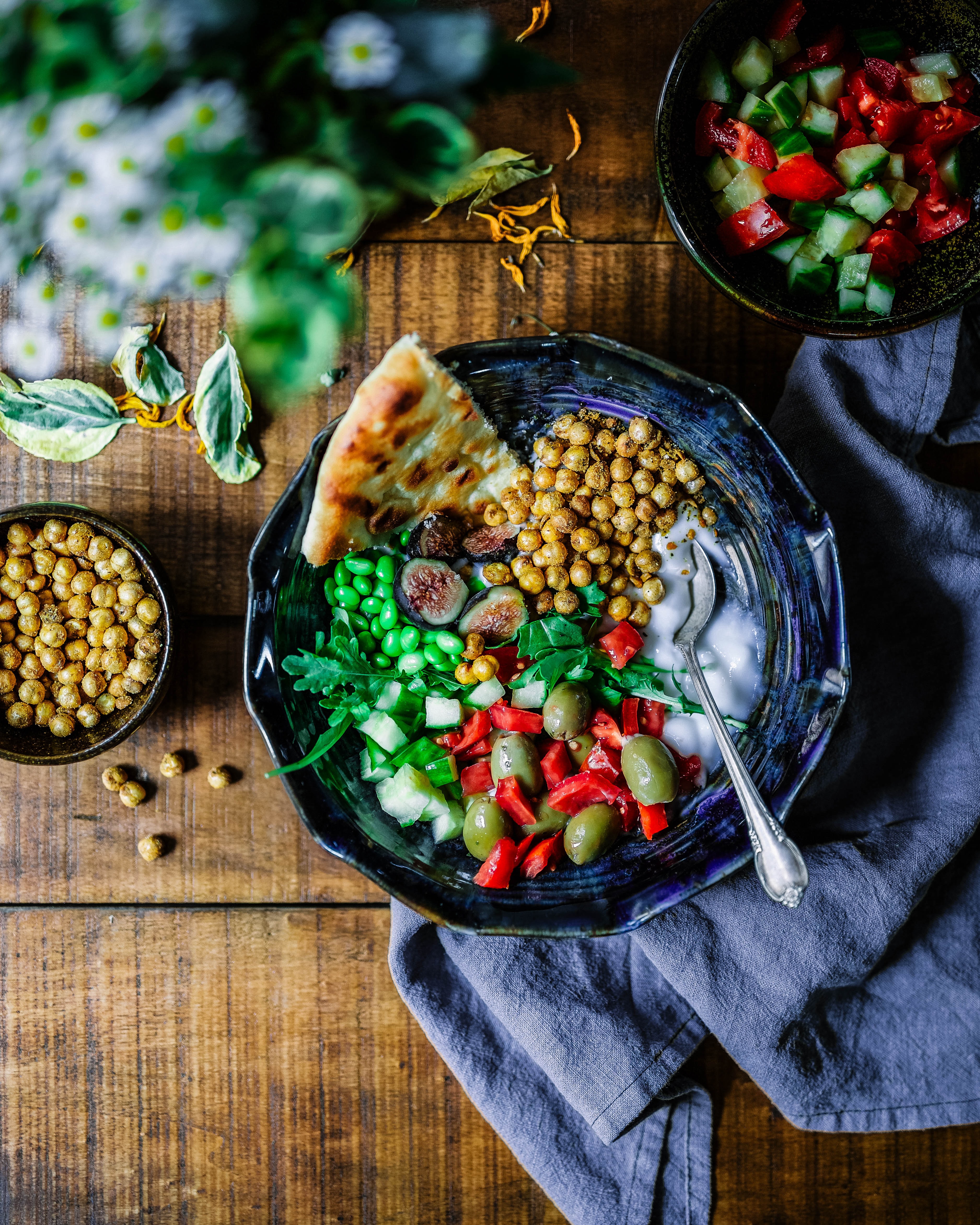Published Date January 24, 2003
How does a seed form?
By Hetvi Shah
3 min read
Last update date: January 24, 2003
Preconception care helps to find out issues that can create problems during pregnancy and avoid them with ...

When you plant a seed, it does not yield a flower right away. The process takes about a few days for the seed to bud and then another few for it to bud its first leaf. But wait, where did the seed come from? Similarly, we know how a foetus (a baby in its early stages in the womb) develops but are unaware of how an embryo (early stage of a foetus) is formed. Let’s walk you through the process of the formation of an embryo.
What is preconception care?
For your plant to grow correctly you look for a perfect environment. Similarly, it is necessary to create an environment that is ideal enough for the foetus to grow in. This is where preconception care comes into play.
Preconception care is the period before the mother has actually conceived or has not even started trying to conceive. Optimal nutrition for pregnancy begins during the period of preconception care for both the mother and the father. Infertility affects about 10-15 % of couples of reproductive age in India. One of its causes can be low or high BMIs (underweight and overweight respectively) in either of the partners. Preconception care can help in overcoming almost all the factors that contribute to infertility.
Preconception care helps to find out issues that can create problems during pregnancy and avoid them with the help of a consulting doctor. The period of preconception care is a great time to talk to the doctor about the mother’s nutrition, lifestyle, current health issues, history of pregnancy and her and the family’s medical history.
What makes it necessary for the father to undergo preconception care is that, if his nutrition is not taken care of too, the sperm's health will be adversely affected (both concentration and motility). Elevated serum cholesterol levels in both partners are associated with an increased period before the couple conceives. Controlling diabetes during the preconception phase in both parents greatly increases the possibility of conception.
We all know the overall process of conceiving a baby but, what we don’t know is how it takes place within the womb.
Conception
Imagine, a pollen grain is a sperm and an ovule is an egg that the ovary carries inside the flower. The pollen has to travel to the ovules to fertilize them. When this pollen fertilizes the ovule, it becomes a seed. Similarly, the sperm has to travel to the eggs to fertilize it and hence, it becomes an embryo.
To know how this happens, you need to first understand what is ovulation and how it plays a role in conception.
Ovulation
Ovulation is a phase in the menstrual cycle that occurs on the 14th day of a 28-day menstrual cycle. Each month, between the 6th and 14th day of the cycle, one of the eggs present in the ovaries begins to mature. This is caused by the follicle-stimulating hormone. During days 10 to 14, that egg becomes fully mature. It is then ready to travel through the narrow, hollow tube called the fallopian tube that connects to the uterus. As the egg travels through the fallopian tube, the level of progesterone rises which helps prepare the uterine lining for pregnancy.
As mentioned before, when the sperm meets the egg, fertilization occurs. The embryo that is formed as a result, is then attached to the uterine lining that is formed. It is called conception. This uterine lining provides it with the nutrition that the embryo needs for its growth. If fertilization does not occur, the uterine lining is then broken down and along with blood it is excreted out of the body - this is what is called menses or periods.
Every woman has a piece of knowledge about pregnancy and is aware of what comes along. But to take a wide-angle look at it keep tabs on our next blogs.
Takeaway
Now that you have a better understanding of preconception and conception and you have gained some knowledge on how a seed is formed. You might as well want to know more about it. Read the other blogs on pregnancy to know more.
Reference
- https://www.plannedparenthood.org/learn/pregnancy/how-pregnancy-happens
- https://www.plannedparenthood.org/learn/pregnancy/pre-pregnancy-health
- https://my.clevelandclinic.org/health/articles/11585-pregnancy-ovulation-conception--getting-pregnant#:~:text=Conception%20occurs%20when%20a%20sperm,the%20ovary%20to%20the%20uterus
- https://www.avasflowers.net/the-stages-of-the-flower-life-cycle#:~:text=Inside%20the%20bud%2C%20a%20tiny,reproductive%20part%20of%20the%20plant
- https://byjus.com/biology/seed-formation-dispersal/#:~:text=A%20seed%20is%20formed%20when,gamete%20to%20form%20a%20zygote
Keep reading

Cooking Oils & How To Use Them
All about monounsaturated fats, polyunsaturated fats, trans fat and cooking oil.
By Arpita Sudev

How Much Do You Know About FODMAP?
All about IBS, Crohn's disease and FODMAP.
By Arpita Sudev

How to Deal with High Uric Acid?
All about purine-rich foods, carbonated drinks, vitamin C and high uric acid.
By Arpita Sudev
Choose Healthy With Us.
Know the real truth about your food. Stay informed and healthy, for free.

Download the App Now
Certified nutritionists trust our food recommendations. Safe to say, so can you :)










